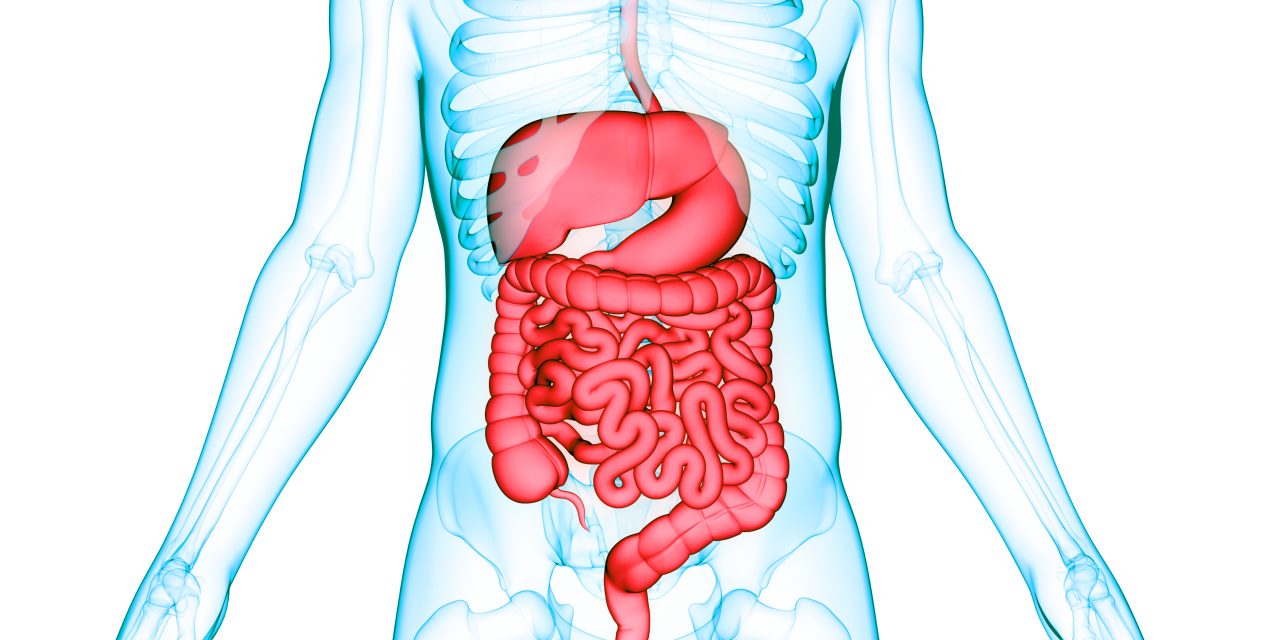Over the last 40 years, global childhood obesity has grown more than eightfold, resulting in a massive personal, social, and economic burden. Since the effects of existing therapies are less than adequate, effective prevention is a top concern. This narrative overview will look at some preventive measures. The existing data shows that enhancing nutrition and lifestyle throughout infancy, such as encouraging breastfeeding and improving the quality of newborn and early childhood feeding, has significant advantages. Promoting good eating habits and reducing sugar-sweetened beverage consumption beginning in infancy is extremely beneficial. Regular physical exercise, a sedentary lifestyle, and limiting screen time have modest impacts on their own, but they are important components of effective multi-component treatments. The home environment is crucial, especially for young children, and it may be enhanced by educating and empowering families. Installing water fountains, upgrading cafeteria meals, and encouraging regular physical exercise are all examples of effective school and community-based initiatives. Reducing obesogenic risk factors through societal standards is critical for effective prevention and limiting socioeconomic disparities; these may include food, drink, and physical activity standards for daycares and schools, general food quality standards, front-of-pack food labeling, taxation of unhealthy foods, and restrictions on food advertisements to children, among other things.
Effective childhood obesity prevention requires multicomponent methods involving various stakeholders that address children, families, and social standards, rather than single treatments. Pediatricians and their organizations should be proactive in assisting and enabling families to support their children’s health, as well as in advocating for social policies that safeguard children.


